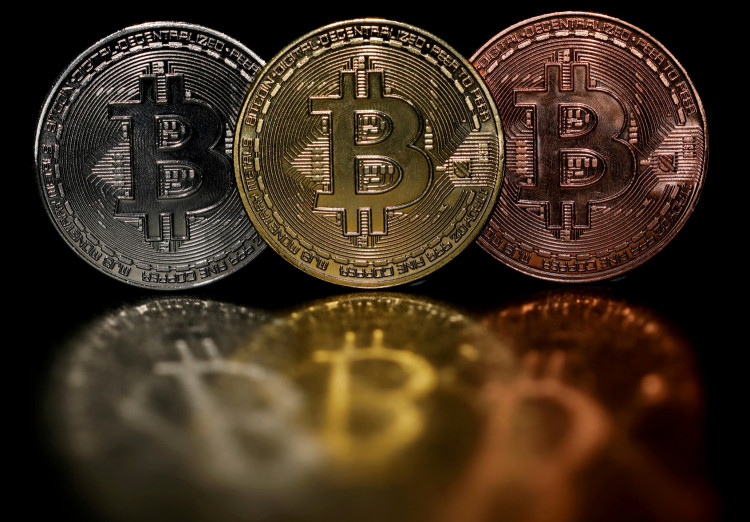Bitcoin (BTC) reached $29,999 during European morning hours on Wednesday, with some investors attributing the rise to expectations of the Federal Reserve injecting funds into the economy following signs of another potential U.S. bank collapse. The last time Bitcoin hit this level was on April 20, according to TradingView data.
On Tuesday, First Republic Bank (FRC) shares plummeted 50% after the San Francisco-based lender reported a significant drop in deposits. This quarter, investors withdrew over $100 billion from the bank, raising concerns it might become the third bank to collapse, following Silicon Valley Bank and Signature Bank.
The decline impacted U.S. markets, with the Dow Jones Industrial Average falling 1% and the tech-heavy Nasdaq 100 dropping nearly 2%. In contrast, bitcoin gained 6.4% in the past 24 hours, mirroring safe-haven assets like gold to recover almost all losses from the previous week's sell-off.
The overall crypto market capitalization increased by 4.9%, with major tokens such as Cardano (ADA) and Solana (SOL) surging more than 7%.
Some analysts suggested the rally resulted from expectations that the Fed would inject liquidity to support its capital markets. Jake Boyle, a director at retail crypto brokerage Caleb & Brown, wrote in an email to CoinDesk, "With First Republic Bank looking like it could go under, I suspect the market is anticipating yet more liquidity injections to prop up what certainly seems to be an American banking sector that is still very much in the throes of crisis."
He added, "Bitcoin, as a result, is front-running these expectations. Cracks in the financial system are growing, even if relatively subtly at the moment, and it's going to be incredibly difficult for the Fed to adhere to its tightening regime going forward." Boyle concluded by stating that "Bitcoin's rally of late has more to do with liquidity injections and rising expectations that the Fed's tightening will probably have to end fairly soon, or else even greater turbulence in the banking sector could ensue."




